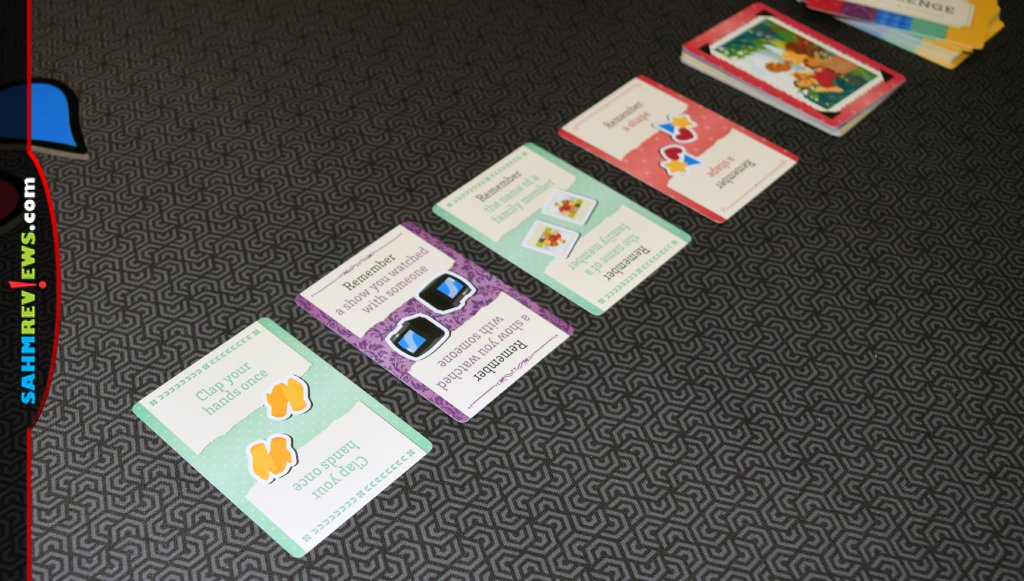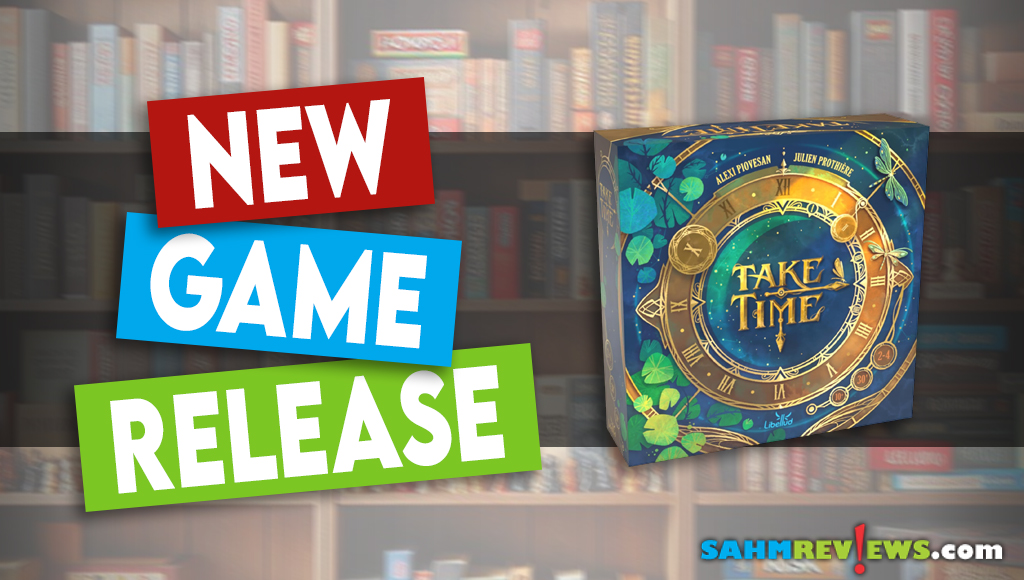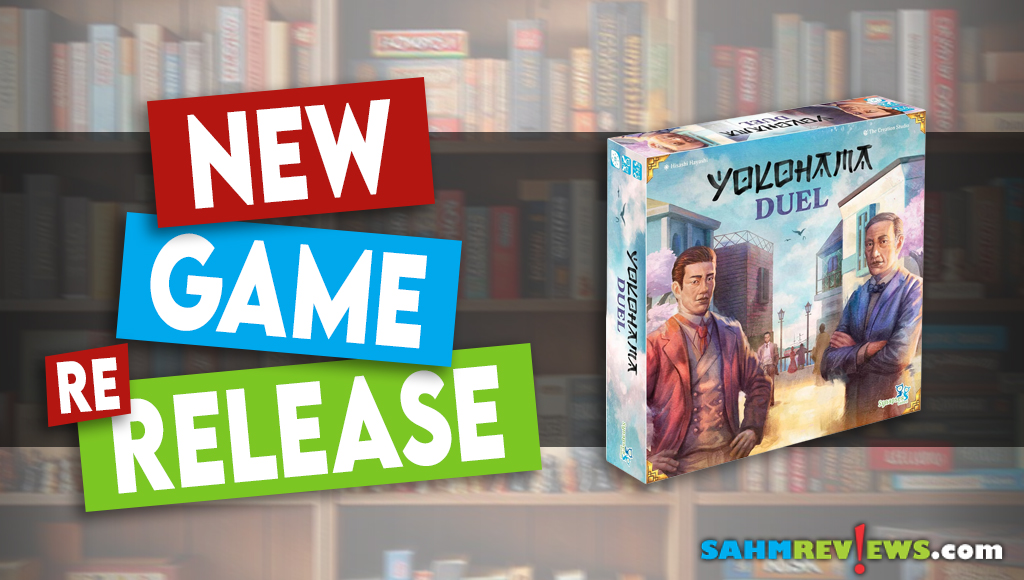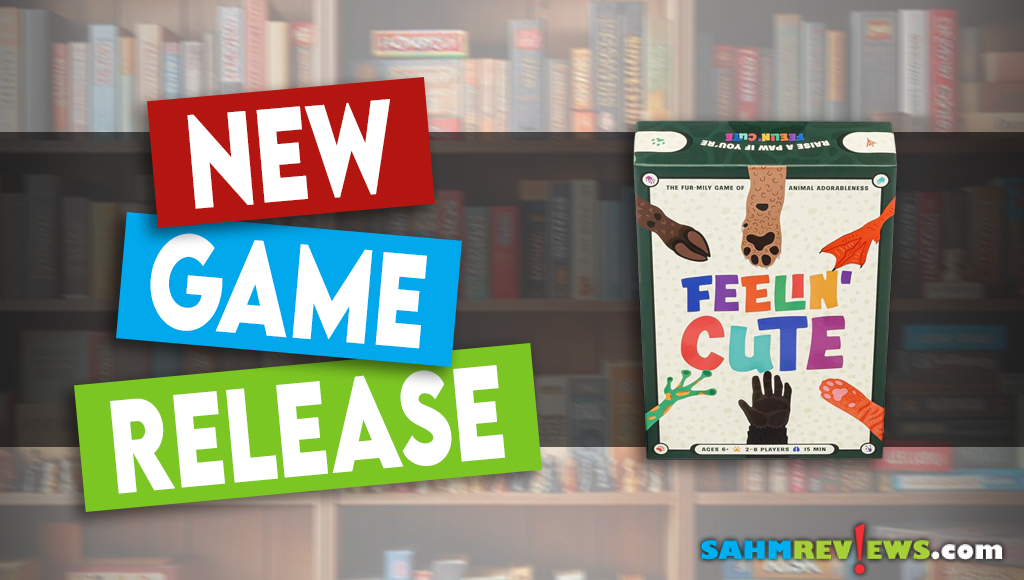Keepsakes Memory Game Overview

I’m at a point in my life where the clutter has gotten overwhelming. Unfortunately, I am too sentimental to let things go. I try. Trust me. But I don’t want to let something go that has been in the family for years or has a special significance, maybe to someone who is no longer with us. I remember when my mom did a huge purge of whatnots then regretted not holding onto some things. Even recently in a casual conversation, she mentioned that she wished she had more carefully curated things. It’s made me overly sensitive to keepsakes. Sadly, I’m to the point where I either need to acknowledge that things don’t matter, or I need to document why they do. Because my memory isn’t what it used to be. A family heirloom is just a thing if nobody knows the history if I haven’t passed that knowledge along. These realizations came bubbling to the surface while playing Keepsakes from Play All Day Games. It’s a memory game about, well, memories.

With limited components, setup is pretty simple. Everyone takes a charm token and two keepsake counters. If there are more charms than players, some players get more. They aren’t scoring tokens so it’s okay. For that matter, one play could have all of them, but what fun is that? Shuffle the Memory and Challenge decks separately. Only 20 of the Memory Cards will be used with the remainder being returned to the box for variability in future games. Flip three Memory Cards to create a line of cards beginning with “Remember”. Return any others to the bottom of the deck. When playing with kids, allow the youngest player to select something to describe each of the cards. If it’s all adults, randomize it or take turns. You’re ready to play.

On your turn, flip a card and create a memory relating to it. It doesn’t have to be real, it just has to make sense. And everyone needs to listen because they’ll need to recite it back. Think of it as Simon but with stories.

Beginning with the first card, recall out loud the memory assigned to it. You’ll work your way down the line, reciting one at a time what each meant. Now here is where things get tricky. At the end of your turn, you’ll flip one card face-down. As players continue to take turns, the line gets longer and the number face-down increases.

So where’s the “game” part of this come into play? When you’re trying to recall what each card represents, other players will have the opportunity to disagree. If they think you’re wrong then they’ll call you out. If they’re correct that you missed it, your turn is over and you’ll give up one of your counters. If they were incorrect, they’ll give you one of theirs then continue with your turn. If you’ve run out of counters, you simply can’t call people out on their errors. You aren’t out of the game though since you can earn more by getting things right and people thinking you didn’t!

After everyone has a turn, incorporate the challenge deck. Flip two Challenge cards. On your turn, you can begin as normal. As an alternative, you may attempt one of the two face-up or draw one from the top of the deck. Follow the instructions then begin your walk down memory lane. You’re more likely to make mistakes when balancing these challenges.
Keepsakes is over following the turn where the last Memory card is revealed. The player who has accumulated the most counters is the winner. This game could easily be considered an activity to help kids practice their listening skills. It could also be used as an icebreaker in settings like an office where team building is important. Check for copies on Amazon or direct from Play All Day Games. As always, we encourage you to check with your local game store for availability.
What’s your favorite keepsake and the story behind it?


